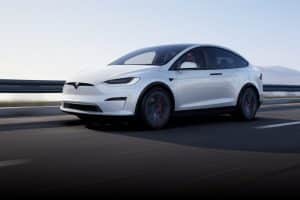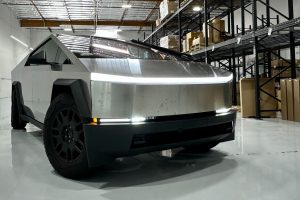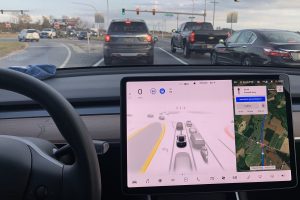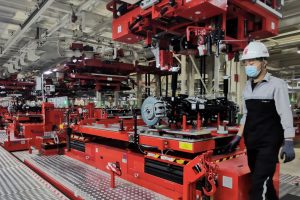- ⏰ Mercedes-Benz is delaying its EV sales goal by five years to 2030.
- 📉 Slow demand for EVs has led to the adjustment of the timeline from 2025 to 2030.
- 🌍 Europe, where Mercedes-Benz has seen the most success with EVs, only saw 11% of overall sales being pure EVs.
- 💰 The delay in electrification goals has led Mercedes-Benz to focus on updating technology in combustion engine cars.
- 🚗 The company plans to have electric vehicles and hybrids make up at least 50% of their sales by 2030.
In the ever-evolving landscape of electric vehicles (EVs), automotive giants like Mercedes-Benz are constantly reassessing their strategies to align with market demand and technological advancements. Recently, Mercedes-Benz made headlines by announcing a significant shift in its EV sales goal, pushing it back by five years to 2030.
Understanding the Delay
The decision to delay the EV sales goal from 2025 to 2030 comes as a response to slow demand for EVs in the current market. Despite the growing emphasis on sustainability and eco-consciousness, consumer uptake of EVs hasn’t met the anticipated levels. This hesitance from consumers has prompted Mercedes-Benz to reevaluate its timeline and adjust accordingly.
Regional Disparities in EV Adoption
While Europe has emerged as a promising market for EVs, with supportive government policies and a growing infrastructure of charging stations, the actual adoption rates tell a different story. Despite its success in the region, Mercedes-Benz observed that only 11% of its overall sales in Europe constituted pure EVs. This disparity between potential and actual adoption rates underscores the challenges inherent in transitioning to electric mobility.
Strategic Focus on Combustion Engine Technology
In response to the delay in electrification goals, Mercedes-Benz is intensifying its focus on enhancing technology in combustion engine cars. While the future undoubtedly belongs to electric propulsion, the automotive industry recognizes that combustion engines will continue to play a significant role in the transition period. By investing in improving the efficiency, performance, and sustainability of combustion engines, Mercedes-Benz aims to maintain its competitive edge while preparing for the eventual shift towards electric mobility.
The Road Ahead: Ambitious Targets for 2030
Despite the setback in the timeline, Mercedes-Benz remains committed to its long-term vision of sustainable mobility. By 2030, the company aims to have electric vehicles and hybrids account for at least 50% of its sales. This ambitious target signals Mercedes-Benz’s determination to drive the transition towards a greener automotive industry, even if it means recalibrating its strategies along the way.
Conclusion: Navigating the Transition to Electric Mobility
The decision to delay its EV sales goal underscores the complexities of navigating the transition to electric mobility in today’s market. While the demand for EVs continues to grow, it’s clear that challenges such as infrastructure limitations, consumer preferences, and technological advancements require careful consideration and adaptation from automotive manufacturers like Mercedes-Benz.
As the automotive industry marches towards a more sustainable future, it’s essential for manufacturers to remain agile and responsive to market dynamics. While the road to electrification may have its twists and turns, one thing is certain: the destination of a greener, more sustainable future is within reach.





